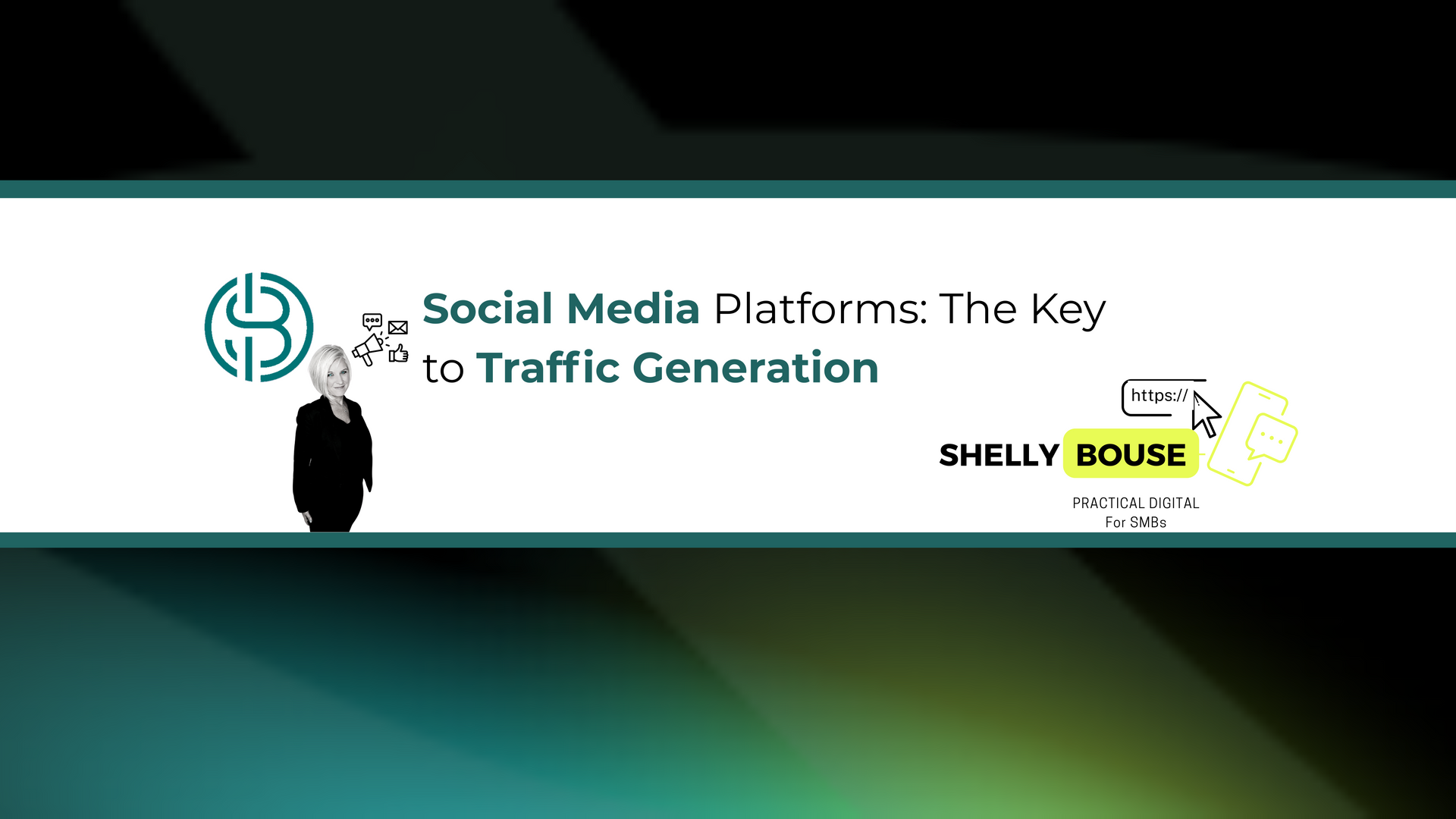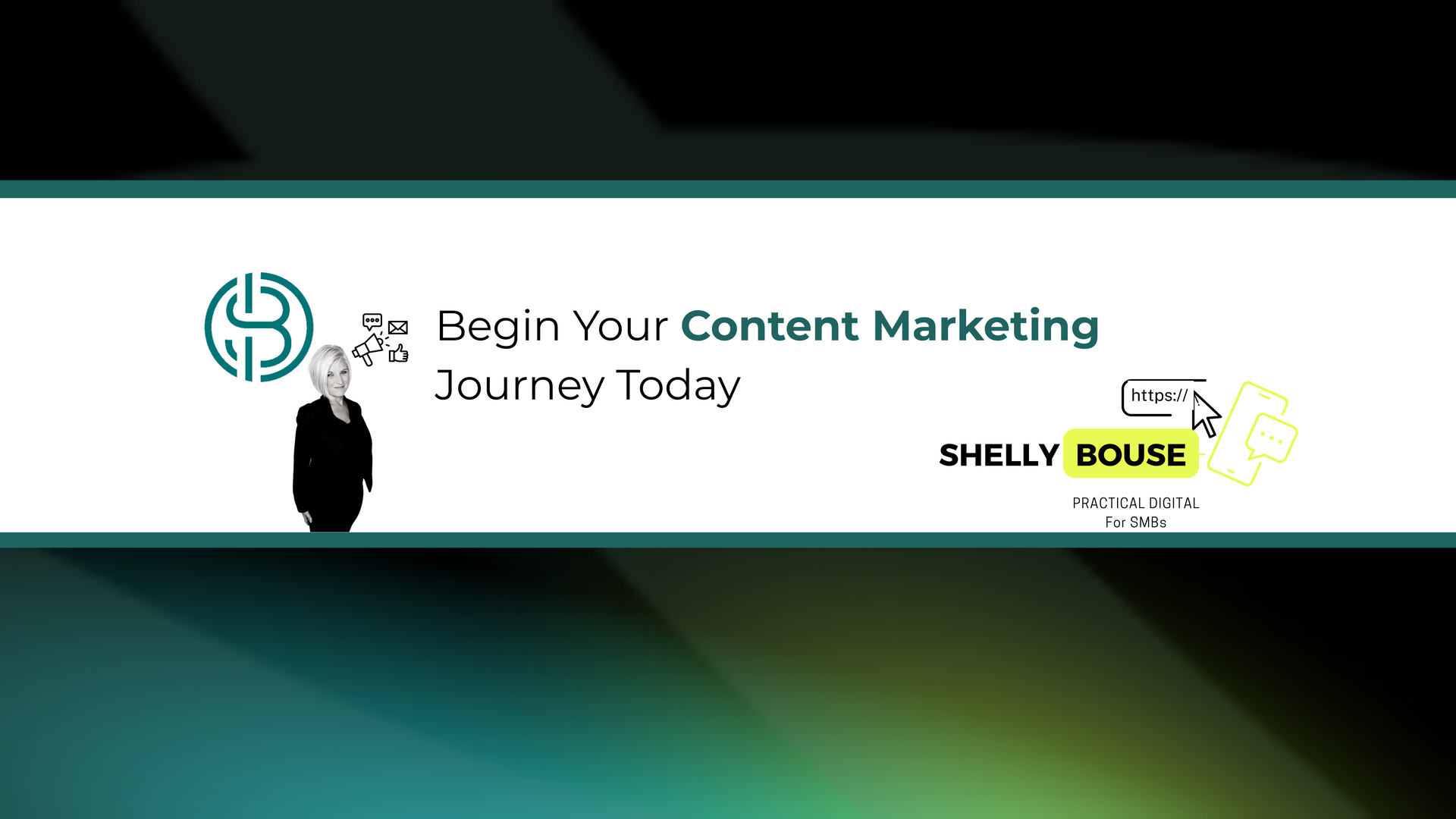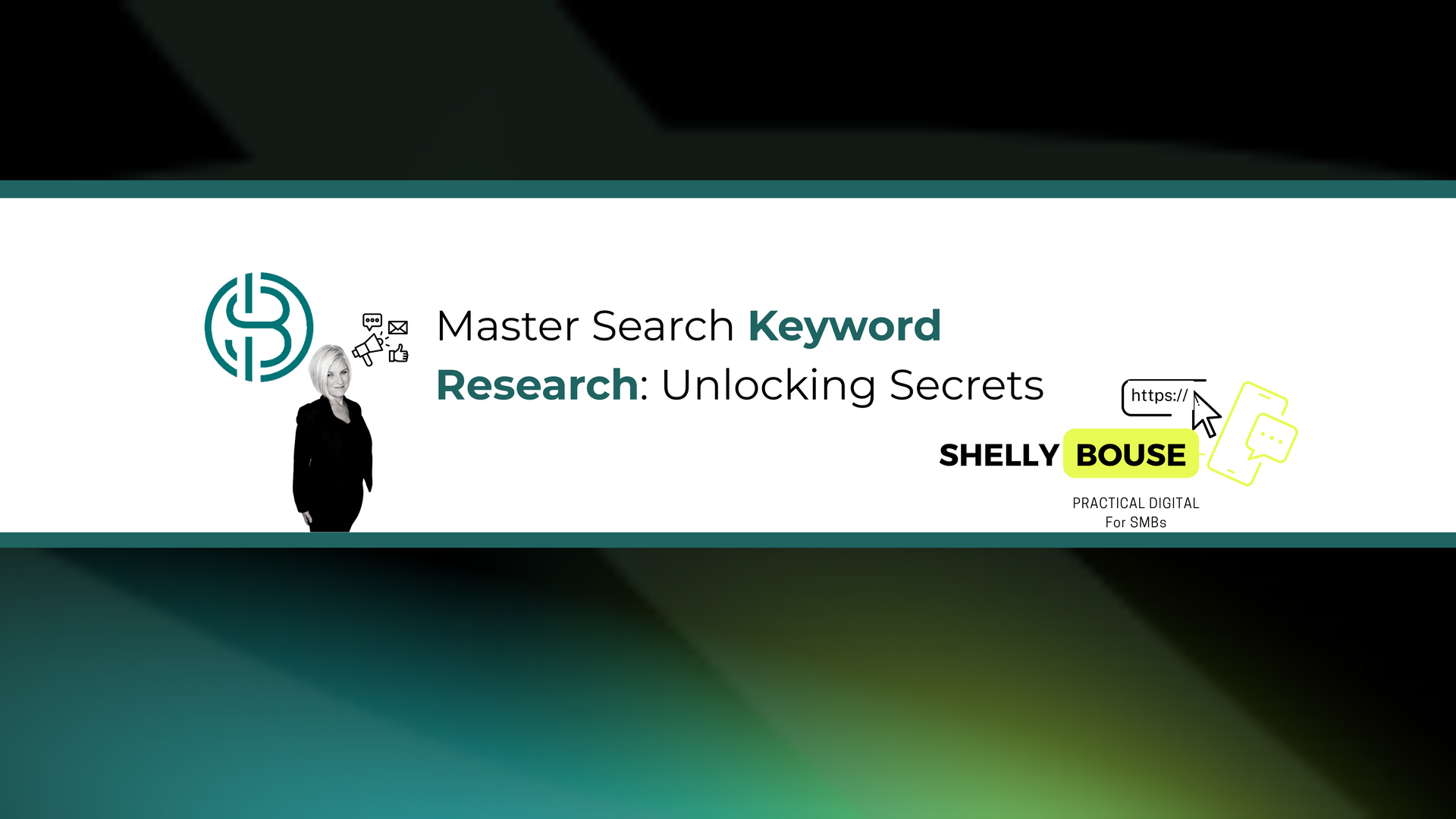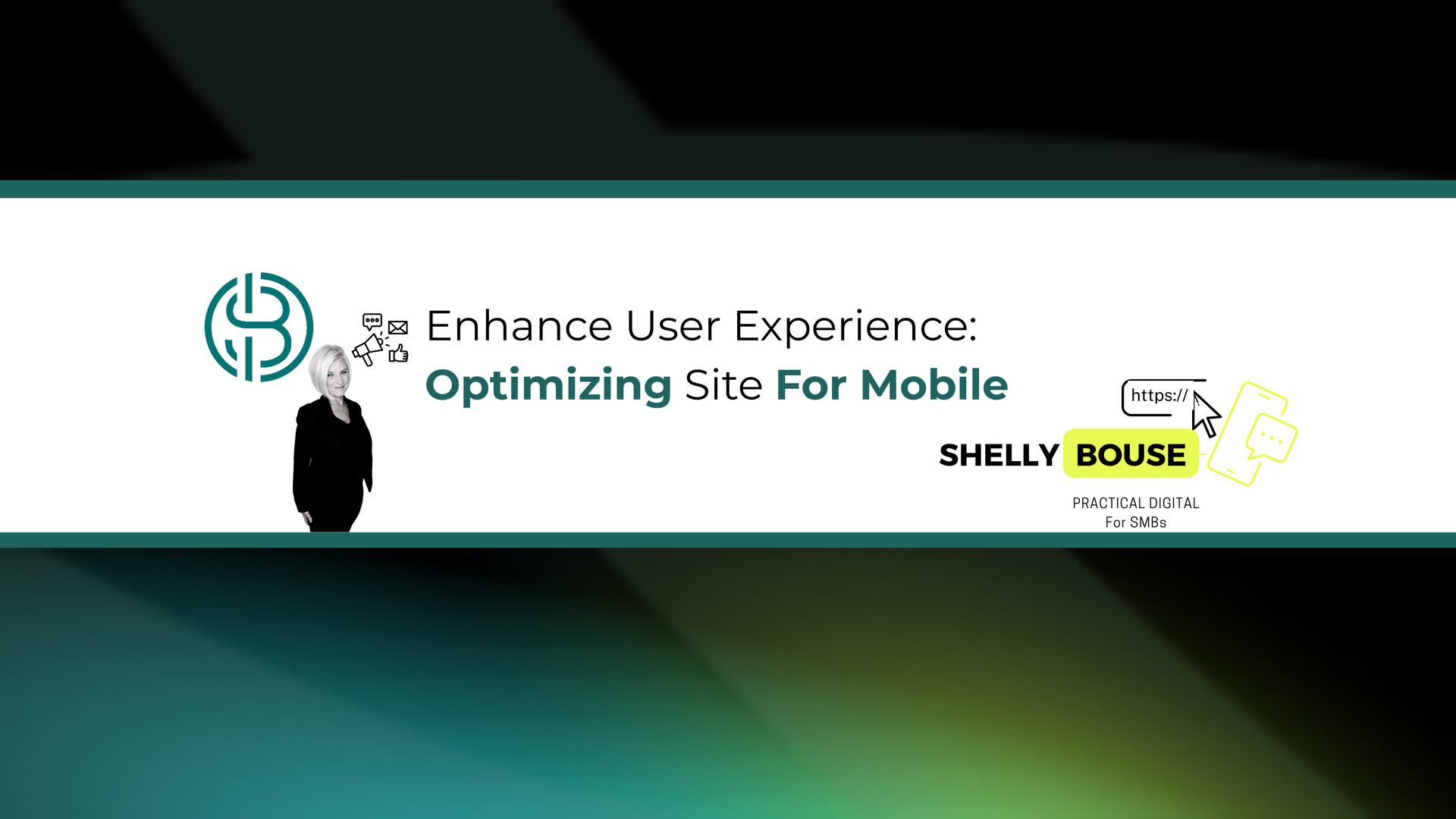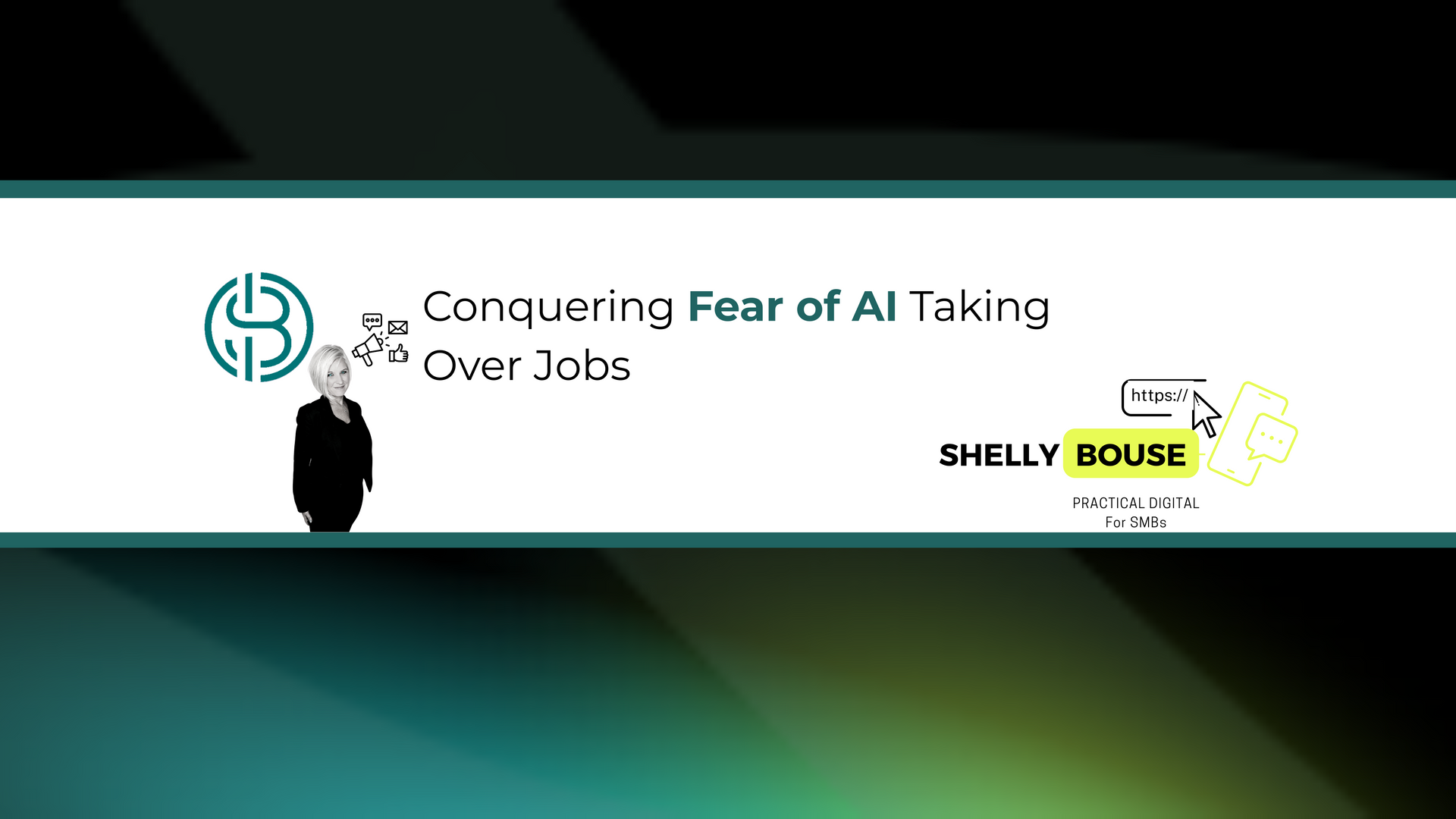Demystifying the Fear of AI: What You Need to Know
The Truth Behind the Fear of AI
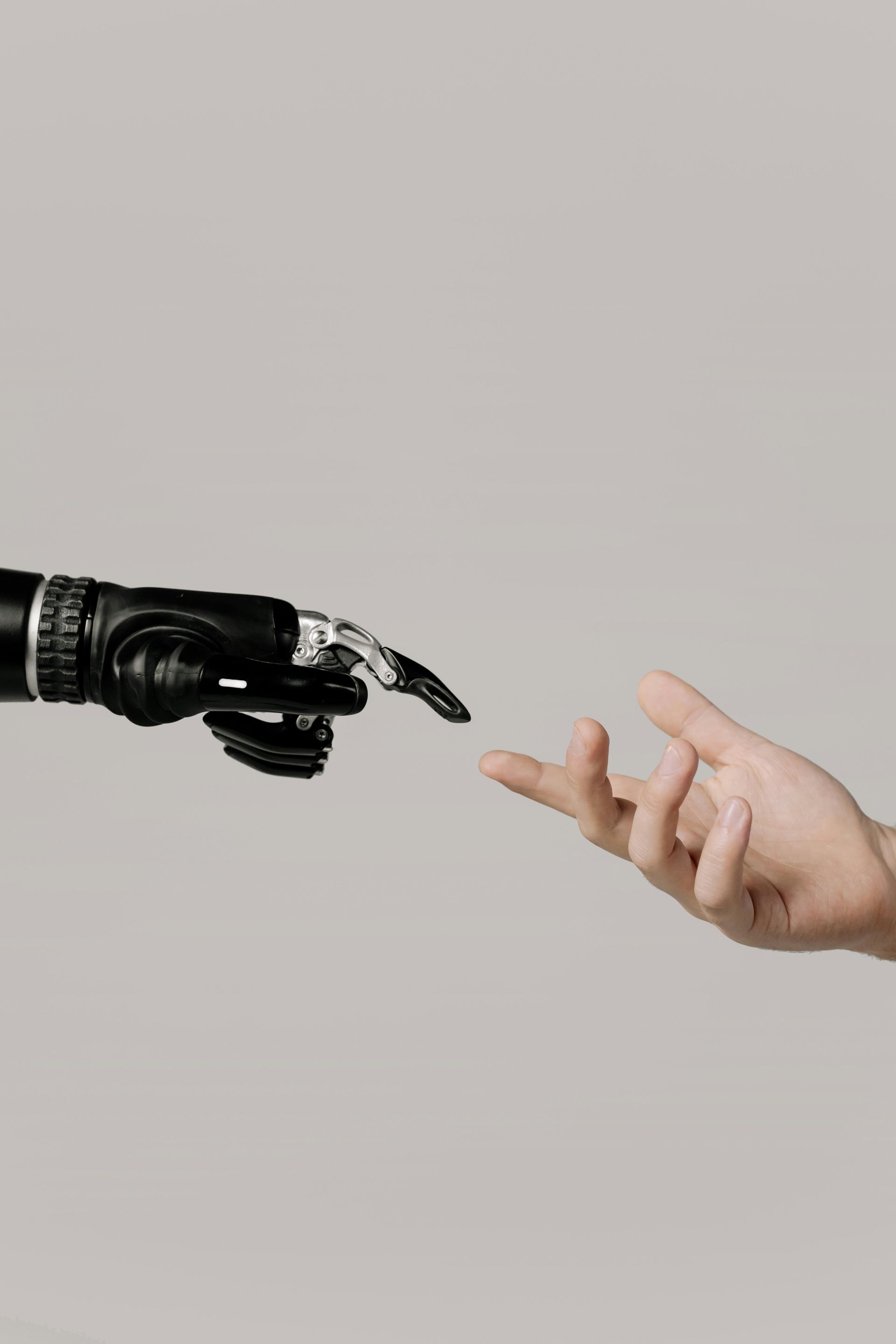
Key Highlights
- Artificial intelligence (AI) is changing quickly. This brings both excitement and worry about how it will impact society.
- Many fears about AI come from science fiction stories and misinformation. But in reality, the truth is more complex.
- While AI presents real concerns, like job loss and ethical problems, it also offers many benefits in different fields.
- To use AI safely, we need to understand what it can do and what it cannot. This helps us tell what is true and what is just hype.
- To ensure AI grows safely and helps everyone, we need ethical rules and guidelines to guide us as things evolve.
The rise of AI starts a new era in technology development, called the age of AI. Artificial intelligence is now part of our everyday lives, not just an idea for the future. It impacts many areas like self-driving cars and personalized healthcare. AI can change several parts of our lives. However, this quick change brings some worries. As we go into this important shift, it is crucial to talk about the fears related to AI and look into these concerns closely.
Exploring the Origins of AI Fear
The fear of AI is a complex issue. It comes from several cultural, historical, and psychological causes. Our views on AI are often shaped by science fiction books and movies. These stories usually present AI as a threat that can outsmart and dominate people. They highlight our deepest fears about the unknown and worry that technology could exceed its limits.
Many people have real concerns and some imagined stories. They often think about job security and economic unfairness. They also wonder how automation impacts our choices. As AI gets smarter, we face important questions. These questions are about ethics, possible bias, and what this could mean for our freedom in the future.
Historical context and early depictions in media
Many people fear AI because of how others reacted to new technology in the past. When major changes occurred, like the printing press or the Industrial Revolution, fear and resistance were common. Often, new inventions cause worries about job loss and big shifts in society.
Media plays a big role in how we feel about AI. Books, movies, and TV shows often tell scary stories about it. A good example is Mary Shelley’s Frankenstein and the Terminator series. They depict AI as something dangerous. These stories warn us that we need to manage our scientific efforts carefully.
These stories can help us think about important questions about what is right or wrong. But we need to remember that they are not like the real issues AI can cause. Often, these thrilling stories hide the smart and detailed conversations we should have about using AI responsibly.
Influential incidents that sparked fear
Events and important moments in AI have made people feel more scared. This fear grows due to incorrect information and dramatic news stories. For example, movies like "Terminator" and "Ex Machina" are entertaining, but they suggest that AI is very dangerous. This mix-up of science fiction with real science can confuse many people.
Sometimes, AI systems can fail or behave strangely. When this happens, it often grabs the media's attention. These events make people worry about how safe and reliable AI actually is. Usually, these issues come from programming mistakes or wrong data. However, they add to the idea that AI might be dangerous and hard to predict.
Misinformation and extreme claims about AI increase people's fears. Catchy headlines and discussions on social media often miss important facts about what AI can and cannot do. This lack of clear information allows fear and confusion to grow. It makes it hard to have smart conversations about how to build and use AI in a responsible way.
Debunking Common AI Myths
To help people feel less scared of AI, we must be honest and clear. A common myth is that AI will one day be smarter than humans, and that machines will take charge. Even though AI has improved a lot, it’s important to remember that today’s AI systems are made for specific tasks.
Another myth is that AI will steal many jobs from people, making them not needed at work. While AI and automation will change some industries and types of jobs, they will also bring new chances and help people do their jobs better. The link between AI and jobs is complicated. We need to look at it more closely, instead of just thinking it is one replacing the other.
Myth vs. reality: AI's capabilities
Looking at the differences between myth and reality involves understanding both the challenges and the main benefits of AI's growth.
Many people worry that AI will become too powerful and could outsmart us, causing harm. But AI systems are created, trained, and controlled by humans. They do tasks and make choices based on fixed rules. They do not feel emotions, do not have self-awareness, and do not set personal goals. This means they cannot truly pose a threat to our existence.
Here’s a better look at what AI can do today:
- Narrow AI: Right now, AI systems are great at specific tasks. These tasks involve playing chess, translating languages, or suggesting products.
- Limited Generalization: AI can learn from large sets of data. Still, it often has trouble using that learning in new situations that are different from its training.
- Dependence on Data: AI's performance depends a lot on the data it has. If the data is biased, the results likely will be too. This is why it is important to gather data carefully and build fair algorithms.
Addressing the belief that AI will surpass human intelligence soon
The idea of AI reaching intelligence similar to humans is known as Artificial General Intelligence (AGI). Many people talk about this topic. Opinions vary on it. AI has improved a lot, but it is still hard to match the complexity and flexibility of the human brain.
Human intelligence includes several important skills. These skills are creativity, emotional intelligence, abstract reasoning, and social awareness. Right now, AI systems do well in certain tasks. But they do not have the complete understanding or flexible thinking that humans have.
Experts have different opinions about the future of AI. Many think that AGI is still a long way off, even though it may be possible. Right now, research is aimed at making AI more reliable and easier to understand. It also wants to help AI align better with human values. A major goal for researchers is to lower the existential risks tied to advanced AI. They aim to use AI’s power for good.
The Role of AI in Modern Society
AI is no longer just a dream seen in labs. It is part of our daily life, and we often don’t realize it. For example, we see AI in the personalized recommendations on streaming platforms. We also notice it in the algorithms that decide what we see on social media. AI is changing the way we experience and interact with the digital world.
AI is transforming many industries like healthcare, finance, transportation, and manufacturing. It helps these areas improve, be more creative, and reduce costs. As AI technology keeps growing, it will affect our lives and society even more. We need to adapt and use its benefits carefully.
Everyday uses of AI that go unnoticed
AI is everywhere in our lives. It helps us every day and makes things simpler. A clear example is social media. It uses smart algorithms to make news feeds that feel personal to each of us. These algorithms suggest friends and show ads that fit our interests based on our activities and the information we share.
Online shopping sites use AI as well. They suggest products that match your interests, improve search results, and can guess what you might want to buy. This makes shopping more enjoyable and boosts sales. AI chatbots and virtual assistants are getting better at answering questions, providing quick support, and solving problems effectively.
AI is changing our homes too. Smart home devices with AI voice assistants let us control our gadgets. We can adjust the temperature and play music just by using our voice. This makes our living spaces easier and more comfortable to enjoy. The growing use of these AI tools shows how they impact our daily lives.
How AI is enhancing healthcare, security, and education
AI can change more than just how people use products. It can change key areas like healthcare, security, and education. This can create new ideas and improve the way we do things.
In healthcare, AI is helping to make new tools for diagnosing illnesses, personalizing treatment plans, and quickening the search for new medicines. AI technology that analyzes images can detect cancer tumors very accurately. Also, predictive analytics can identify patients who might develop long-term health problems.
These advancements are very encouraging. They could lead to improved results for patients and lessen the pressure on healthcare systems.
AI is doing a lot for security. It helps recognize faces for surveillance and manage access. AI-driven cybersecurity systems can spot and respond to threats fast. This strengthens defense against cyberattacks.
Also, AI is used in law enforcement to analyze crime patterns. It helps use resources more effectively and supports investigations.
| Sector | AI Applications | Benefits |
|---|---|---|
| Healthcare | Medical image analysis, drug discovery, personalized medicine | Improved diagnoses, targeted therapies, faster drug development |
| Security | Surveillance systems, cybersecurity, fraud detection | Enhanced threat identification, proactive security measures, reduced crime rates |
| Education | Personalized learning platforms, AI-powered tutoring systems, automated grading | Customized learning experiences, increased student engagement |
Addressing the Fear of Job Displacement by AI
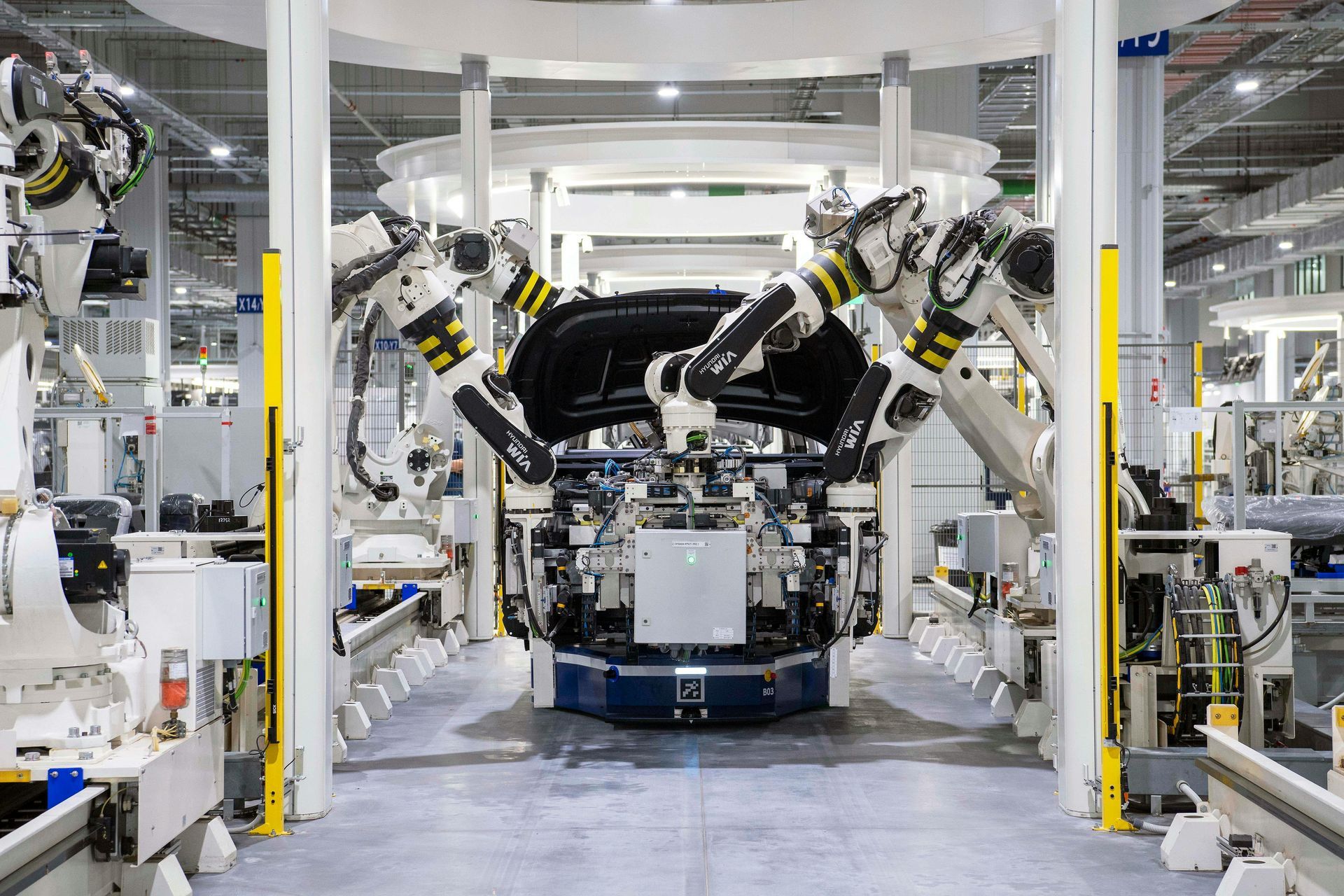
A major concern many people have about AI is losing their jobs. As AI gets smarter, it can do tasks that humans used to do. This makes us worry about unemployment and money problems. We should look at this issue closely. It is important to think about both the challenges and the chances that AI could offer.
AI will definitely change the job market. Some jobs might be done by machines or may vanish completely. But history shows us that new technology can bring challenges and also create new jobs and ways to work. The important part is to adapt, learn new skills, and be involved in the changing job market.
Sectors most impacted by AI
The impact of AI will affect every industry, but some will feel it sooner than others. Jobs that involve simple, repetitive tasks, like data entry, factory work, and customer service, are at the highest risk of automation. This shift could harm the middle class more, raising worries about larger income gaps and economic problems.
It's important to understand that automation will not make all jobs disappear. Often, AI can help people do their jobs better. This lets workers concentrate on tougher, more creative, and social tasks. For instance, in factories, robots can take care of dangerous or boring jobs. At the same time, humans can supervise the work, fix problems, and make sure everything is of good quality.
Moving to a world powered by AI needs new skills and talent. We need people who can create, use, maintain, and manage AI systems. A workforce with the right technical and ethical skills is very important. This will give workers a chance to learn and grow. It will help them stay current in a changing job market.
How AI actually creates new job opportunities
The rise of AI is changing where we work. It is taking over tasks we already do. At the same time, it is creating new fields and job opportunities. As AI technology improves, many companies are seeking skilled workers in AI development, data science, machine learning, and algorithm design.
Generative AI is an exciting part of AI that makes new things. It can create text, images, music, and even computer code. This technology has the power to change creative jobs, marketing, and software development. It is also leading to new job roles and career opportunities.
AI is very important in many industries today. This is leading to a growing need for people with a mix of skills. For example, in healthcare, there is a need for people who know both healthcare and AI. These experts can create and use AI tools to help diagnose patients or to make personalized treatment plans. This mix of skills shows how work is changing in the age of AI.
Ethical Considerations and Safeguards in AI Development
As AI becomes a bigger part of our lives, we need to think about its ethics. It's important to make sure AI develops responsibly. We should pay attention to issues like unfair bias in algorithms, protecting data privacy, and the chance of AI being misused. We must take careful steps to handle these challenges.
It is important to create ethical rules and guidelines to reduce risks. This will help AI development achieve better results. We should promote transparency in AI systems. Holding people accountable for decisions made by AI is vital. We need to keep talking with each other. This way, we can face new challenges and shape the future of AI to match our values.
Current regulatory frameworks and guidelines
Governments and organizations around the globe see how important ethical AI is. They are working hard to set rules and make guidelines. For example, the European Union has suggested a comprehensive AI Act. This Act aims to reduce risks linked to AI systems while promoting innovation and safeguarding rights. It sorts AI applications by their risk level and provides clear standards for those who build and use them.
In the United States, there isn’t a federal law just for AI right now. But many agencies are making their own rules about AI. The White House has put out an AI Bill of Rights. This Bill highlights key ideas for creating and using artificial intelligence responsibly. Its goal is to protect data, prevent discrimination in algorithms, and make sure there is human involvement in the process.
States like California and Washington have created their own rules for AI. These rules focus on certain areas, like facial recognition and decision-making systems. Overall, the new regulations for AI show the need for a clear and complete approach. This way, AI can benefit everyone in society.
Future directions for ethical AI governance
We must focus on making a good plan for ethical AI governance. This plan should look at technical parts and their impact on society. Groups like the Future of Life Institute are important. They start discussions, support research, and encourage responsible development of AI.
Future AI governance should focus on several important areas. It needs to make AI systems fair and inclusive. People should be able to oversee and control these systems. Protecting privacy and data security is very important. We must also promote transparency and accountability for decisions made by algorithms. Working together with others around the world is essential. This will help us create global standards and address the tough ethical issues that come from AI's wide impact and its power to change the world.
Ethical AI governance involves more than just having rules. It is about building a culture where people act responsibly and consider their new ideas. By adding ethics at every step of AI development—like collecting data, designing algorithms, launching projects, and doing regular reviews—we can use the power of AI to improve life for everyone.
Many fears about AI come from misunderstandings and exaggerations. By clearing up myths and learning about AI's real uses in healthcare, security, and education, we can see how it helps society. It's important to focus on ethics and rules for responsible development of AI. Instead of taking jobs away, AI can create new opportunities in many areas. We need to understand AI to get ready for a future shaped by it. Let's look at AI fairly and use its strengths to improve our lives.
Frequently Asked Questions
What is the most common misconception about AI?
Many people believe that AI will quickly become smarter than humans. This belief comes from fear and misinformation. They worry it could cause scary situations like those in science fiction movies. However, this idea is not correct. It focuses too much on what AI can do right now and ignores key facts about what it cannot do and the ethics of its development.
How is AI improving our daily lives?
AI is gradually making our daily lives better. It makes it easier for us to complete tasks. For example, AI offers personal suggestions on streaming platforms. It also helps us with map applications that show the best routes. This means we spend less time traveling. AI makes our tasks simpler, improves our experiences, and gives us special solutions.
Can AI truly become sentient and what are the implications?
The thought of AI becoming aware or conscious is something many people discuss. This discussion is important because it brings up questions about ethics. Right now, no AI system, no matter how advanced, has the biological traits or personal experiences that define human consciousness. However, thinking about the possibility of AI becoming aware in the future raises significant questions about its moral value and possible existential risks.
What are the steps being taken to prevent AI misuse?
To stop the wrong use of AI, several actions are in place. This involves creating clear rules and guidelines for how AI should be developed and used. There is also a push to make sure everything is understood and that people are responsible. To protect against AI misuse, a broad approach is needed. It requires governments, industry leaders, and researchers to work together to set up responsible practices.
How can individuals prepare for an AI-driven future?
Getting ready for a future with AI means being open to change and improving your skills. People can succeed in this new world by promising to learn throughout their lives. They should seek education and training in STEM fields. It is also important to build critical thinking, problem-solving skills, creativity, and emotional intelligence. These traits are special to humans.


